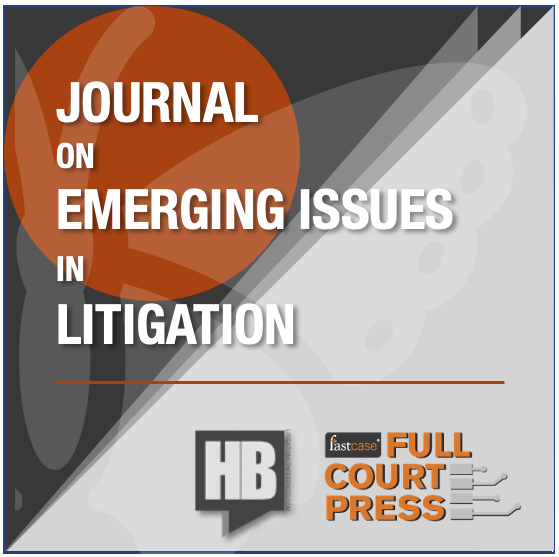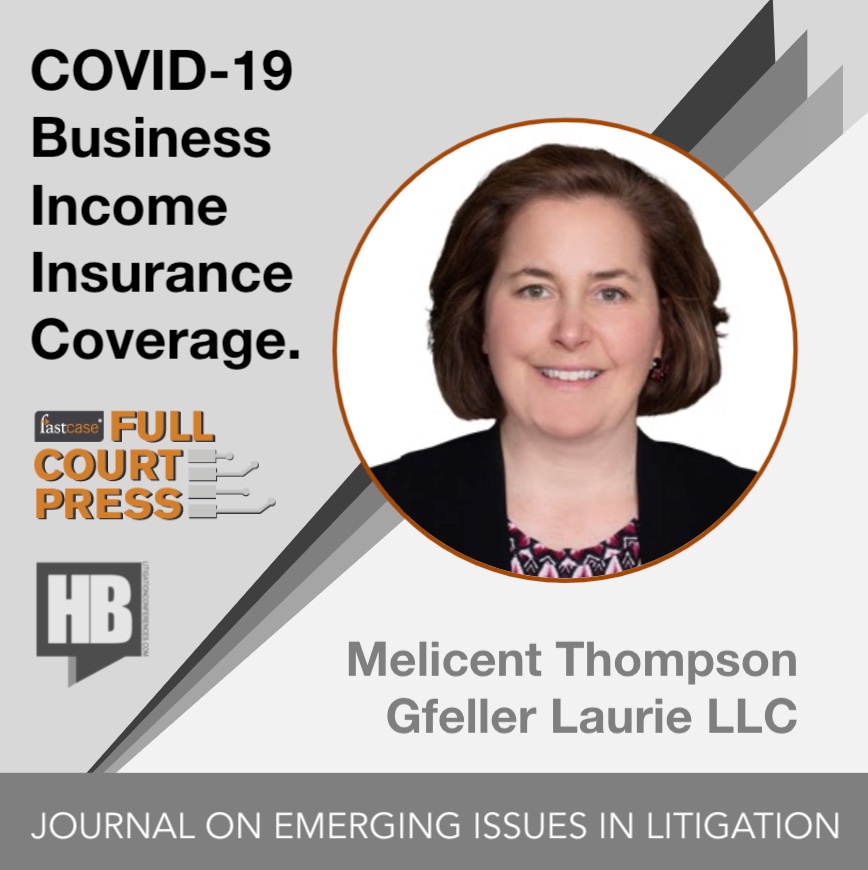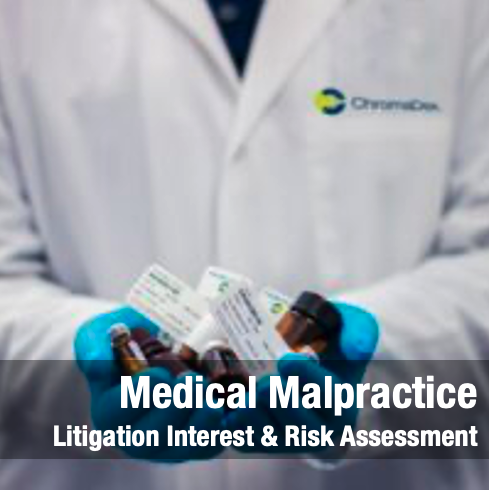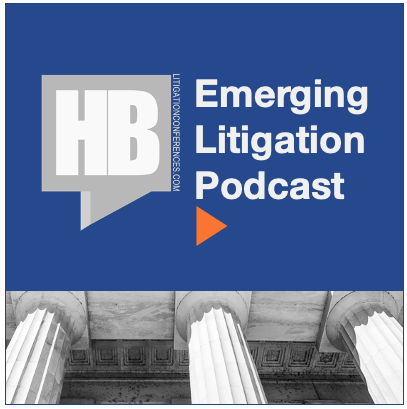Complex insurance coverage disputes where policyholders fight for coverage of underlying claims, e.g., catastrophic losses from hurricanes, wildfires, floods, climate change effects.
Sandra Cianflone on Current and Emerging COVID-19 Litigation
Sandra Cianflone on COVID-19 Litigation in 2021 and Beyond It’s now been more than 18 months since the world was besieged by the novel coronavirus pandemic. In addition to the human toll, it disrupted our lives in ways big and small, new and old, as it raced across continents, first visiting North America in January 2020. There are an estimated 15,000 lawsuits relating to the outbreak, with some 350 filings directed toward the healthcare and medical communities. The number of insurance coverage suits is fast-approaching 1,800. Litigation has been initiated against aging services, hospitals, and healthcare providers, with the next anticipated wave likely to surround vaccines themselves. What will be the basis of these claims? What defenses will we see? And what can healthcare providers do now in anticipation of this onslaught? Joining me to discuss this out-of-the-blue rash of litigation is Sandra M. Cianflone of Hall Booth Smith, P.C. Sandie counsels and defends hospitals, physicians, nurses and institutional employees in a broad spectrum of catastrophic injury and medical malpractice cases. She received her Juris Doctorate from Pace University School of Law and her undergraduate degree from Fairleigh Dickinson University. This podcast is the audio companion to the Journal on Emerging Issues in Litigation, a collaborative project between HB Litigation Conferences and the Fastcase legal research family, which includes Full Court Press, Law Street Media, Docket Alarm and, most [...]







